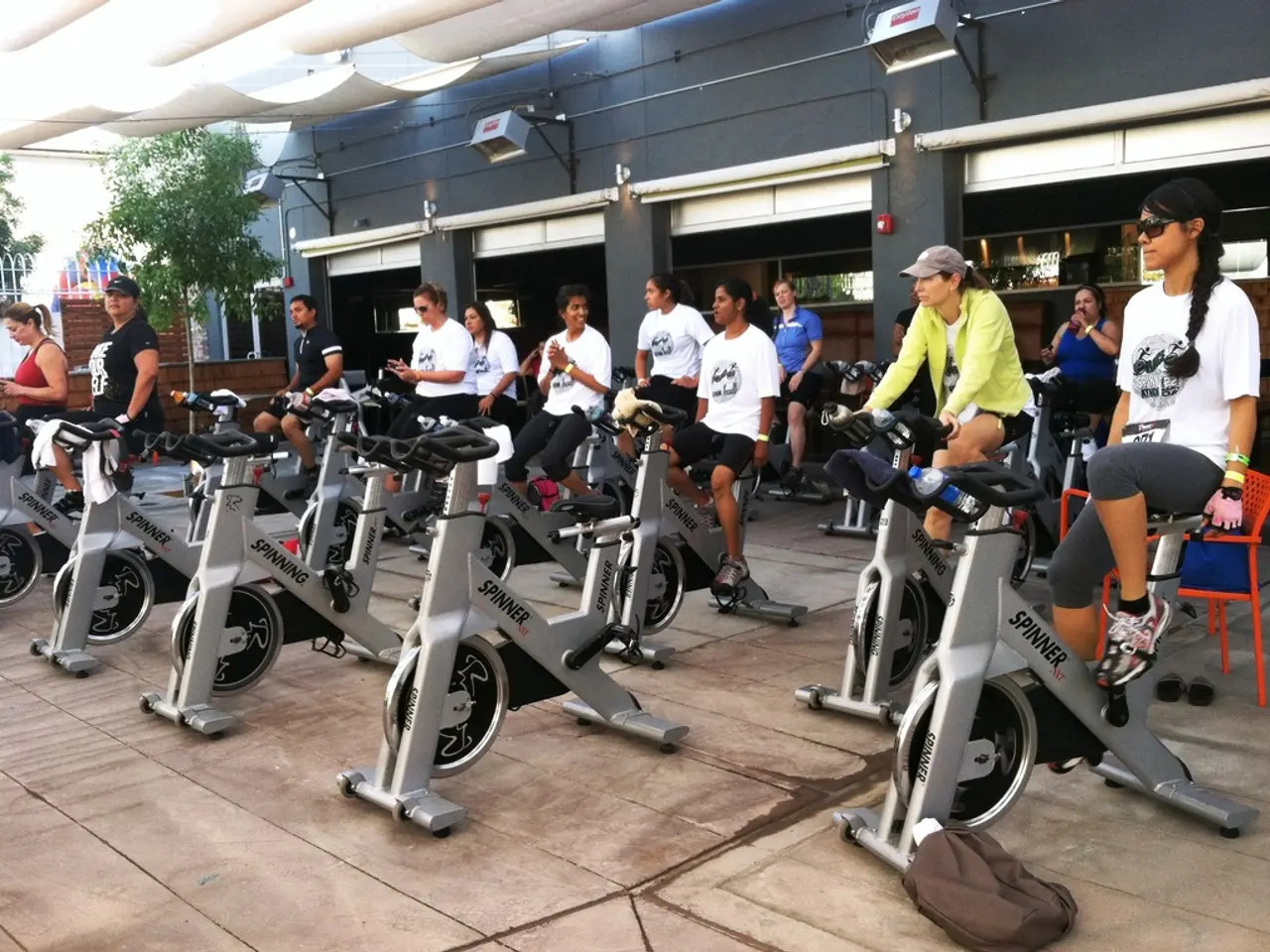Maximizing Protein Consumption Timing and its Impact on Muscle Development
For those engaged in bodybuilding, whether focusing on muscle gain or fat loss, protein intake is a critical factor in achieving success. Here's a guide to help you understand the optimal protein intake and timing for your bodybuilding journey.
### Optimal Protein Intake
Research suggests that the ideal protein intake for muscle growth ranges between **1.6 to 2.2 grams of protein per kilogram of body weight** daily, while during phases of fat loss, protein intake may need to be slightly higher, at **1.8 to 2.4 grams per kilogram of body weight** to preserve muscle mass.
### Protein Timing
While the overall daily intake is more crucial than timing, strategic timing can enhance muscle recovery and growth. Consuming protein **1 to 2 hours before a workout** can provide amino acids during exercise, potentially aiding in endurance and minimizing muscle breakdown. Taking protein **within 1 to 2 hours after a workout** supports muscle recovery and growth by replenishing muscle protein stores. Distributing protein intake evenly throughout the day (every 3 to 4 hours) may also improve performance and body composition by maintaining a positive nitrogen balance.
### Factors to Consider
When determining your protein intake, consider factors such as workout intensity and your specific goals. Higher intensity workouts require more protein for recovery, and athletes with multiple sessions per day may benefit from staying at the higher end of the protein intake range. Adjust your protein intake based on whether you're in a calorie surplus (muscle gain) or deficit (fat loss). During fat loss phases, increased protein helps preserve muscle mass.
### Example Calculation
For an athlete weighing 82 kg, aiming for muscle gain with high activity levels, the daily protein target could be:
\[ 82 \, \text{kg} \times 1.8 \, \text{g/kg} = 147.6 \, \text{grams of protein per day} \]
This calculation provides a baseline to adjust based on individual needs and progress.
By balancing protein intake with timing and activity level adjustments, athletes can maximize their muscle growth and recovery while achieving their bodybuilding goals. Protein not only promotes muscle growth but also improves muscle quality, aids in recovering muscle fibers after intense workouts, and strengthens the immune system. Consuming protein with high-glycemic index carbohydrates speeds up glycogen synthesis and energy replenishment, while the combination of protein and carbohydrates aids tissue repair and stimulates muscle growth.
In conclusion, long-term progress in bodybuilding requires proper nutrition, with protein playing a pivotal role in muscle recovery and growth. Pre-workout protein improves overall endurance, particularly for strength training, and post-workout protein consumption can accelerate muscle growth processes. Consuming protein immediately after a workout can significantly speed up muscle recovery, and this protein and carbohydrate combination aids tissue repair and stimulates muscle growth. Amino acid delivery during the post-workout period promotes faster muscle recovery, and pre-workout protein helps prevent muscle tissue breakdown.
- Incorporating science-backed protein intake and timing strategies can enhance health-and-wellness, fitness-and-exercise, and nutritional aspects for bodybuilders.
- To foster muscle growth, it's essential to consume protein in a range between 1.6 to 2.2 grams per kilogram of body weight daily during muscle gain phases, and slightly higher in the range of 1.8 to 2.4 grams per kilogram of body weight during fat loss phases for optimal health-and-wellness.
- Maintaining a healthy diet rich in protein, preferably from whole food sources, along with balanced nutrition, can contribute to muscle recovery, improved fitness-and-exercise performance, and overall well-being.




